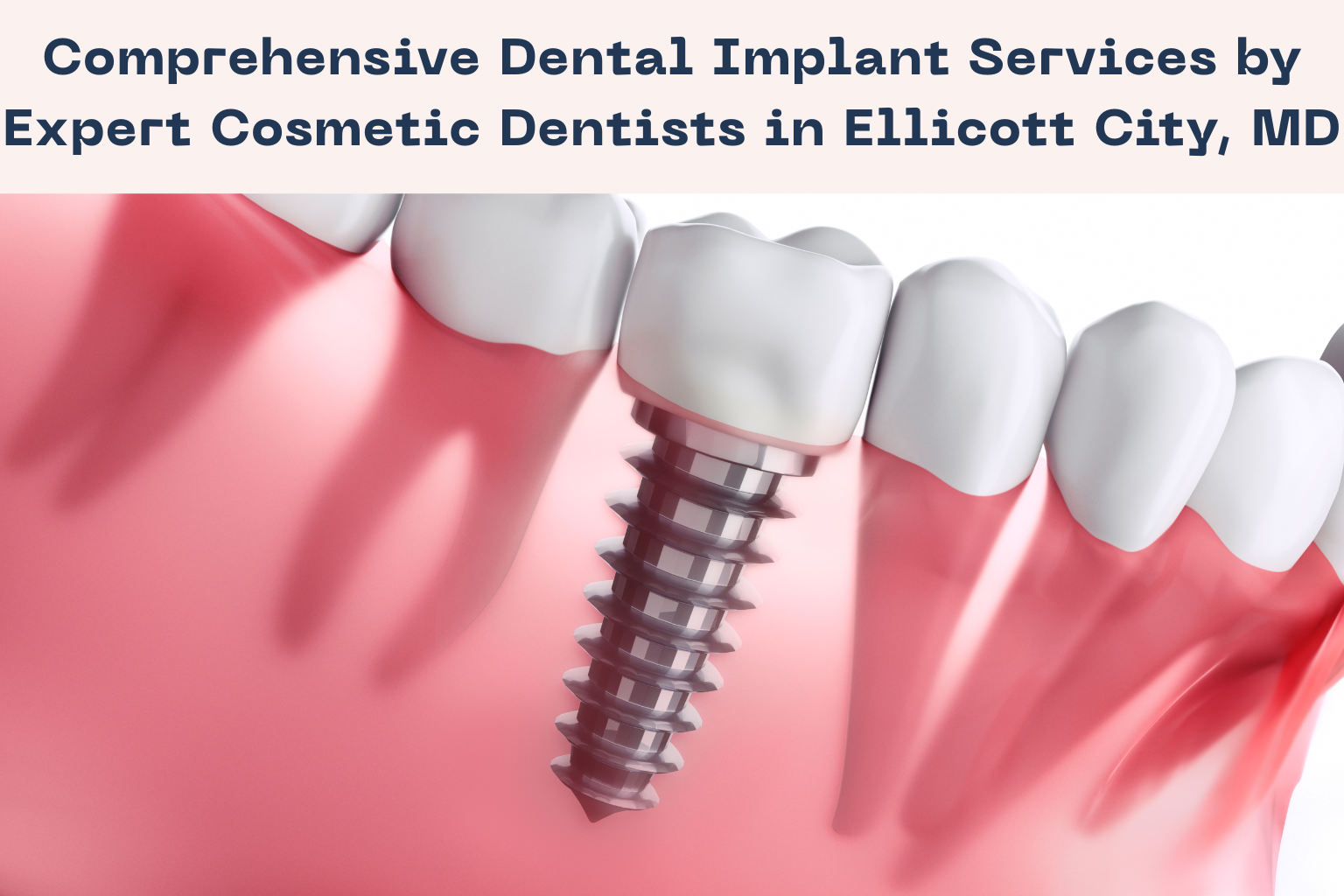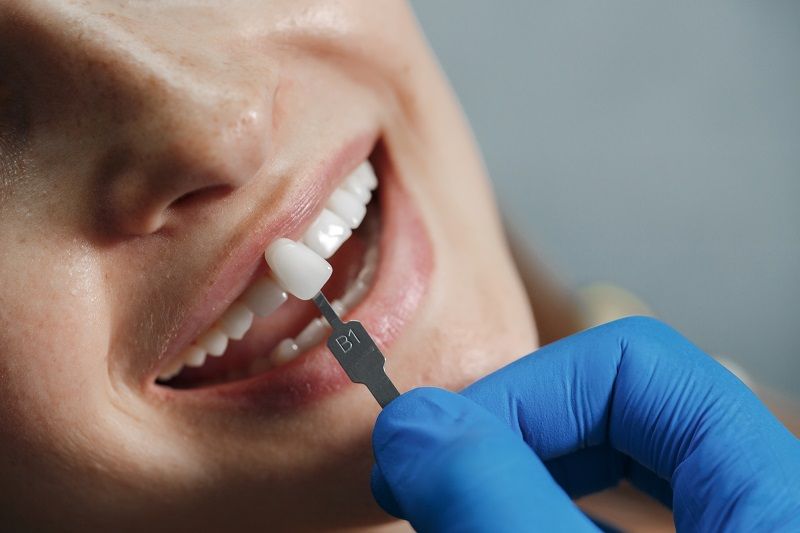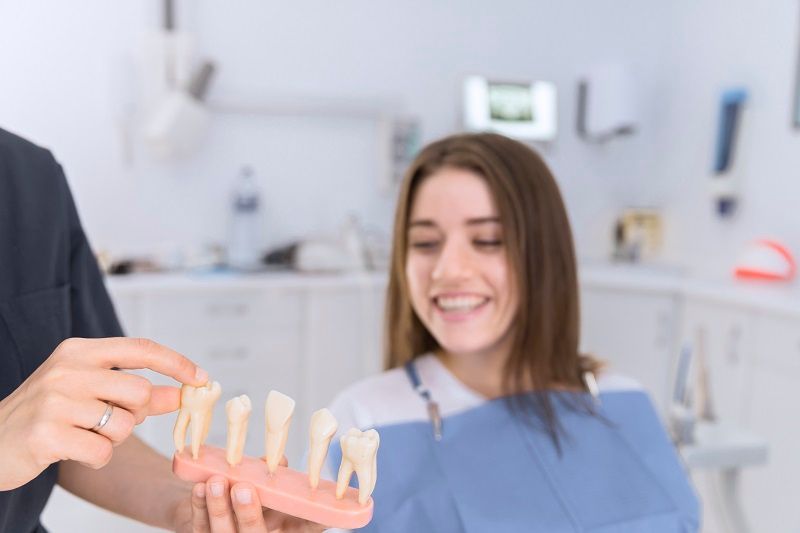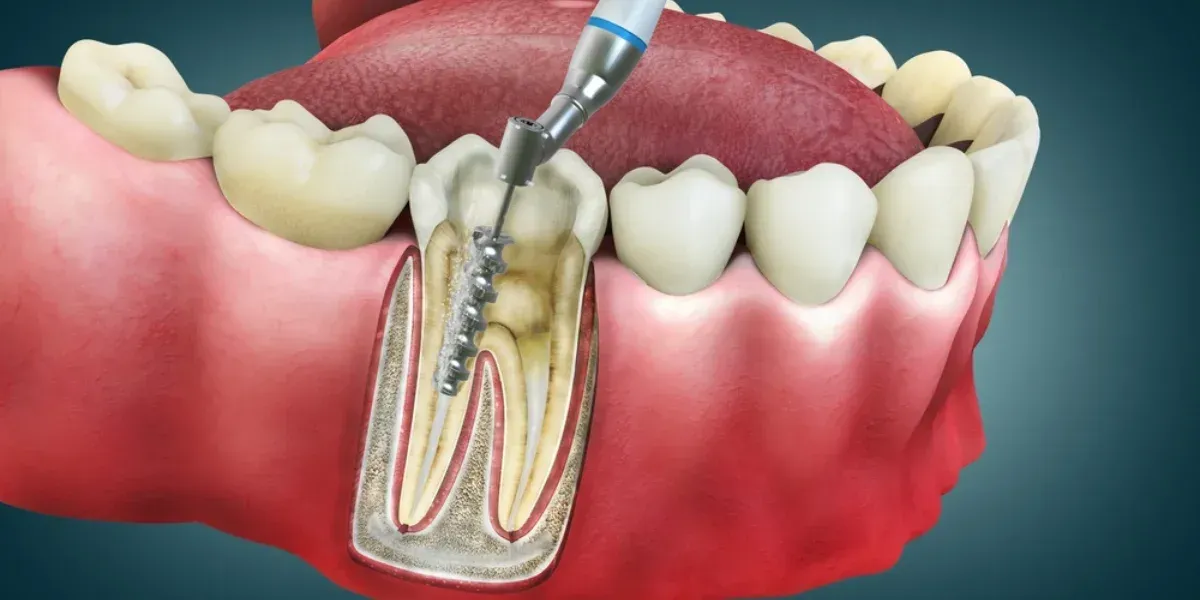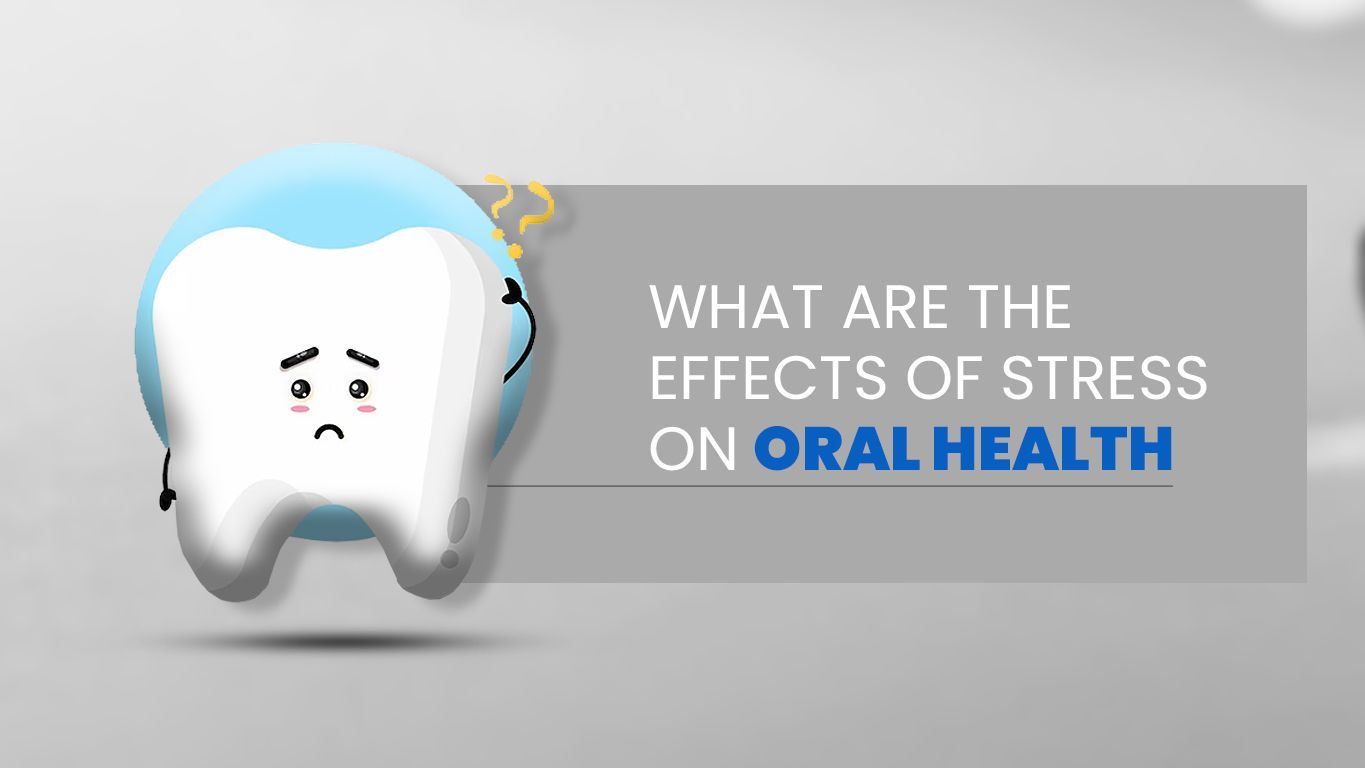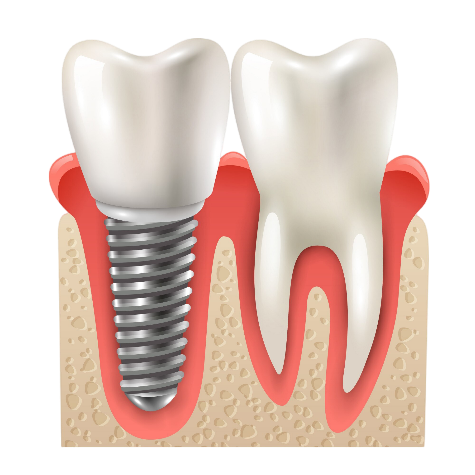The Best TMJ Specialist Is Standing By (Near Me)
If you experience issues with temporomandibular disorders, specifically, TMJ, you may find difficulty in finding the right specialist that meets your needs. Since several treatment options are available, it may be overwhelming to find a dentist with their own set of standards that you can go to with confidence.

TMJ Specialists can help ease symptoms by medications, assigning a splint or night guard, completing some dental work, and even surgery to help alleviate symptoms. That's why finding the perfect one to assess your level of severity is so essential.
Many refer to temporomandibular disorders (TMD) as TMJ. However, any problem with the jaw and facial muscles is an issue with the temporomandibular joint.
Although researchers aren't sure where precisely TMD begins, dentists believe the issue may be within the jaw muscle or joint itself. Let's take a look at some ways to find the best specialist for your TMJ and more about this issue.
Understanding TMJ
In short, dentists believe the issue rest primarily in the muscles of the jaw. The temporomandibular joint hinges the jaw to the skull by the temporal bones. This connection is what makes it possible for us to move our jaws to talk and chew.
There are no known causes that result in TMD or temporomandibular disorders, but dentists believe that the muscles of the jaw or in the joint itself may be the culprits. These symptoms can arise from any number of causes:
- Injury (i.e., whiplash)
- Excessive grinding/clenching of the teeth
- Joint arthritis
TMD is known to disrupt our everyday comfort and, in some cases, bring intolerable pain. Whether it's for a short duration or long lasting, it's crucial to find a specialist that will directly address your concerns.
When To Look For A TMJ Specialist
There are many symptoms associated with TMJ. If you're experiencing these below, consider speaking with a specialist.
- Discomfort or pain
- In the face, jaw area, through the shoulders, or towards the ear when chewing, speaking.
- Widening the mouth (as if to yawn).
- Jaws that seem to "lock."
- Sounds when opening or closing the mouth.
- could be like a "click" or a "pop."
- The muscles of the face seem tired or swollen.
- The upper teeth do not seem to fit with the lower teeth properly and cause discomfort chewing.
- Tired or sore jaw muscles.
- Pain in the temporal area.
Other symptoms may cause tooth pain, headaches, lightheadedness, discomfort in the ear canal, and possible ringing in the ears, also known as tinnitus.
How To Find The Right TMJ Specialist
As there are several treatment options, it's about finding specialists who will best address your concerns and provide the most comfortable approach. Here are some ways to expedite your search.
Ask Around
Word of mouth is one of the most tried-and-true ways to receive a recommendation about anything, especially when trying to find a specialist. If any of your friends or family is familiar with a specialist, ask them their opinions and what they liked about the provider. See if their comments align with what you're looking for in a provider.
Online
It's quite likely that friends and family may not have the best recommendations if they're not experiencing TMJ themselves; in this case, going on the websites of local dentists will give you a better insight on what they offer. Read up on their credentials and, most importantly, how they would approach TMJ treatment. Assess their ideas of therapy and see if these are interesting to you.
Most major search engines also allow you to read reviews about people’s experiences there. In addition, you can ask for people’s opinions or recommendations in a local Facebook Group or something similar.
Insurance
A factor that may come into play is if the dentist carries your dental insurance. Treatments for TMJ vary, as do their prices. When evaluating which specialist is right for you, also inquire about your dental insurance to make sure they're in a contrac t with them.
Reviews
While on these sites, read what other patients have shared about their experience. These reviews can help give a unique insight unbiased from friends and family and help decide if you're on the fence.
What Type Of Treatments Are There?
As a component of finding someone, it's essential to see who will accommodate the approach to the treatment you're most interested in pursuing. Evaluate the following therapy methods and see if the provider you found offers the path you're most comfortable in and consider what alternatives they would be willing to discuss with you.
- Prescription Medication: If the dentist suspects that stress is a contributor to TMJ symptoms, a dentist may prescribe an anti-anxiety medication or a muscle relaxer to alleviate stress.
- Night Guards : are plastic mouthpieces that you wear while you sleep to limit the amount of impact and pressure brought on from clenching and grinding. A dentist would make sure you receive a mouth guard that will eliminate symptoms and fit in your mouth comfortably.
- Aligning Teeth: A dentist may want to establish a balance in the way that you bite down. This correction could consist of crowns on the teeth if they feel the symptoms are coming from an alignment error.
- Transcutaneous Electrical Nerve Stimulation (TENS): This treatment helps to provide relief to the muscles of the face with a low-voltage electrical current.
- Ultrasound: Applying heat to discomfort areas can better the amount of movement in the jaw muscles
- Injection Therapy: An anesthesia injection or pain medication is injected directly into the problem area.
- Radio Wave Therapy: Choosing this therapy will help restore the joint, raising blood circulation. This therapy helps to reduce pain.
- Laser Therapy : is a method that enables more movement in the neck and mouth if there is a significant increase in inflammation, causing stiffness.
Lastly, surgery is another option to consider for TMJ. However, consult a dentist for one of the less invasive treatments before committing to anything and consider consulting multiple dentists for their opinion.
How Is TMJ Diagnosed?
If you're having symptoms, but you're not sure if it's TMJ, here are some of the criteria that your dentist will be looking into during the physical exam.
Check Areas of Interest
The dentist will examine the jaw joints for discomfort and pain, listen for any of the noises mentioned above and hear if there is a "grating" noise when you move your jaw. He or she will examine the jaw to see if it appears to "lock" when opening and closing and have you bite down to determine if there's an issue with the muscles in the face.
X-Rays
A dentist may want to have a more in-depth look into the jaws to make sure none of the teeth our causing the symptoms your experiencing. Tests like the Magnetic Resonance Imaging (MRI) or a Computer tomography (CT) test can help ensure the dentist that the jaw moves, as it should.
Referral
Depending on their assessment, you may receive a referral to one of two specialties. One may be an oral and maxillofacial surgeon for further examination. This specialty is a surgeon whose focus is solemnly in the face, mouth, and jaw region. Another may be an
orthodontist, who will examine that the teeth and joints are working correctly.
There are several different approaches to treating TMJ, and that's what makes finding a specialist that aligns with your treatment goals so important. Consider the symptoms you experience and what method you're most comfortable with and find a specialist in your area that cater to that approach.
You can gain this information from contacting the office directly, utilizing online resources, or referrals from friends and family. In any case, some local specialists are eager to help with an approach that best suits your needs near you!
